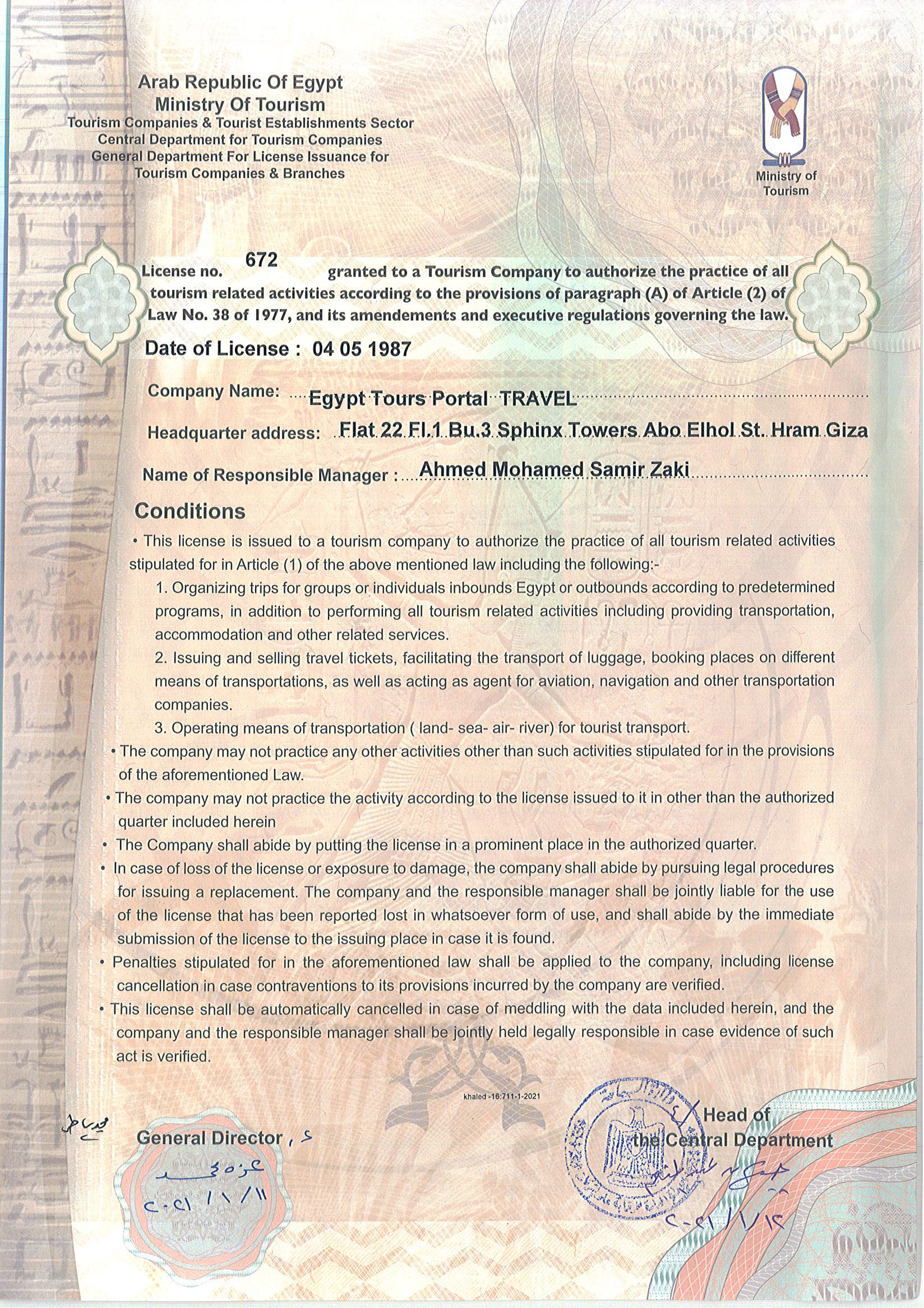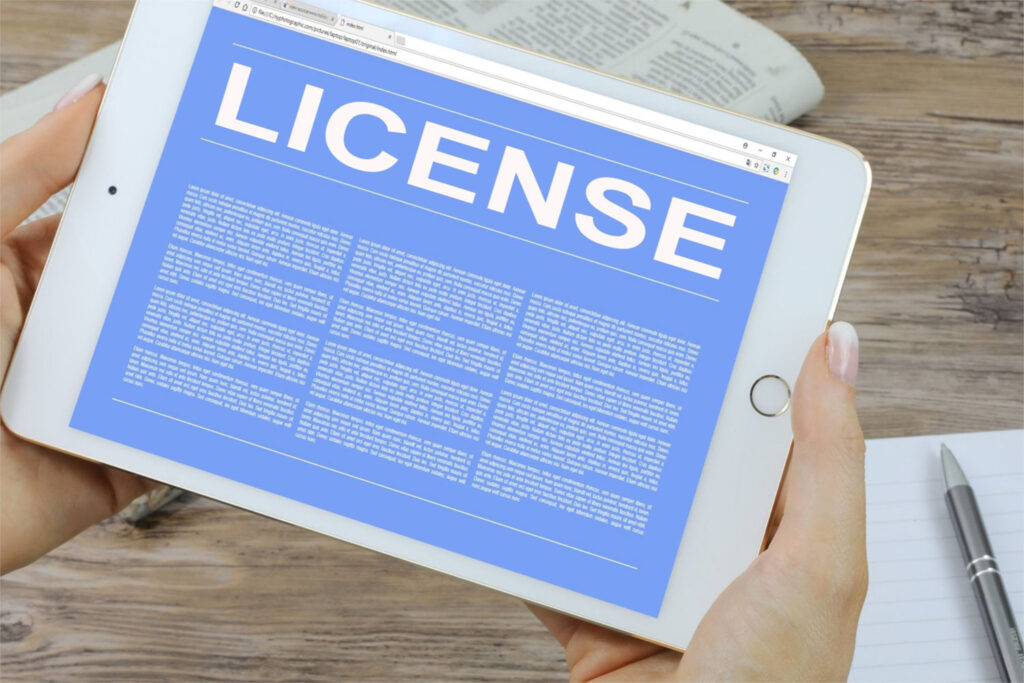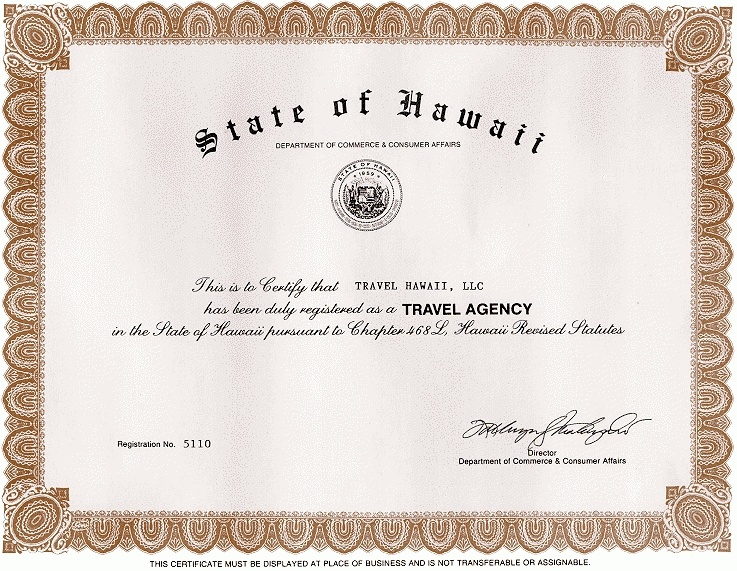Are you ready to turn your passion for travel into a thriving business? Starting a travel agency can be one of the most rewarding ventures, allowing you to share your love for exploration and culture with others. However, before you can book those dream vacations for clients, you need to navigate the process of obtaining a travel agency license. In this comprehensive guide, we will cover everything you need to know about securing your travel agency license, including essential steps, tips from my own experiences, and valuable insights to help you succeed.
Understanding the Basics of a Travel Agency License
A travel agency license serves as a legal authorization for your business to operate within the travel and tourism industry. This license is crucial for gaining the trust of clients and suppliers and ensuring compliance with regulations. There are different types of licenses depending on your business model and location.
Types of Travel Agency Licenses
- General Business License
- Seller of Travel License
- Special Permits (State-Specific)
General Business License
Most states require you to obtain a general business license. This involves registering your business name, acquiring an Employer Identification Number (EIN), and possibly securing a fictitious business name certificate.
Seller of Travel License
In several states, a Seller of Travel license is necessary. This license regulates agencies that sell travel services to consumers. The requirements and fees for this license vary significantly by state.
Special Permits
Some states may have additional requirements or special permits based on your business activities or location. It’s vital to research the specific regulations in your state.

Step-by-Step Process to Obtain Your Travel Agency License
1. Research Your State’s Requirements
Start by checking your state’s requirements for travel agency licensing. Each state has its regulatory body, and understanding your local laws is crucial.

2. Choose a Business Structure
Decide whether you want to operate as a sole proprietor, limited liability company (LLC), or corporation. Each structure has its implications for taxes, liability, and regulatory requirements.
3. Register Your Business
Once you’ve chosen a business structure, complete the necessary paperwork to register your business with your state. This often involves filing articles of incorporation or organization.

4. Obtain Required Licenses and Permits
After registering your business, apply for the required licenses and permits. You can typically find the necessary forms on your state’s tourism or regulatory website.
5. Join Industry Associations
Consider joining organizations like the American Society of Travel Advisors (ASTA) or the International Air Transport Association (IATA). Membership can provide networking opportunities and access to industry resources.

6. Set Up Your Business Processes
Establish your business processes, including booking systems, payment processing, and customer service protocols. This will enhance your professionalism and streamline operations.
7. Market Your Travel Agency
Once everything is in place, begin marketing your travel agency. Utilize social media, a professional website, and SEO strategies to attract clients.

Tips for Successfully Navigating the Licensing Process
Leverage Online Resources
Use online resources to gather information about licensing requirements, industry trends, and best practices. Websites like ASTA and IATA can be invaluable.

Network with Industry Professionals
Connect with other travel agents and industry professionals through forums and events. Learning from their experiences can provide insight into common pitfalls and effective strategies.
Stay Updated on Regulations
Travel regulations can change frequently. Stay informed about any updates that may affect your business and ensure compliance with all legal requirements.

Pros and Cons of Starting a Travel Agency
Pros
- Flexible Work Environment
- Opportunity to Travel
- Potential for High Earnings
Cons
- High Competition
- Initial Startup Costs
- Variable Income
Personal Travel Experiences and Inspiration
As a seasoned traveler, I’ve explored breathtaking landscapes, indulged in diverse cuisines, and learned the value of connecting with people from different cultures. One of my most memorable experiences was trekking through the stunning mountains of Peru. This journey not only fueled my passion for travel but also inspired me to help others create their own adventures. The joy of making travel dreams a reality is what drives my commitment to this industry.
Comparison of Different Travel Agency Licenses
| License Type | Requirements | Cost | Validity |
|---|---|---|---|
| General Business License | Business registration, EIN | $50-$500 | Varies by state |
| Seller of Travel License | Specific state requirements | $100-$800 | Annual renewal |
| Special Permits | State-dependent | $50-$300 | Varies by state |
FAQs About Travel Agency Licensing
What is the average cost to start a travel agency?
The average cost can range from $2,000 to $10,000, depending on your business model and location. This includes licensing fees, marketing expenses, and initial operating costs.
Do I need to be a certified travel agent to start a travel agency?
No, but obtaining certifications can enhance your credibility and knowledge, making you more attractive to potential clients.
How long does it take to get a travel agency license?
The processing time varies by state, but you can expect it to take anywhere from a few weeks to several months.
Can I sell travel services without a license?
In most cases, you cannot legally sell travel services without a proper license. Operating without one could lead to legal penalties.
Conclusion
Obtaining a travel agency license might seem daunting, but with the right information and determination, you can turn your passion for travel into a successful business. Remember to stay informed, connect with industry professionals, and provide exceptional service to your clients. Your journey in the travel industry awaits—so pack your bags and get started today!